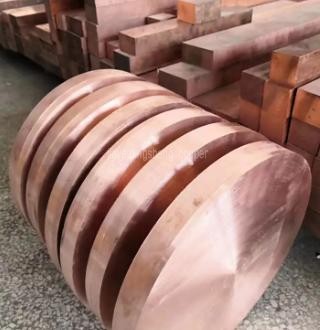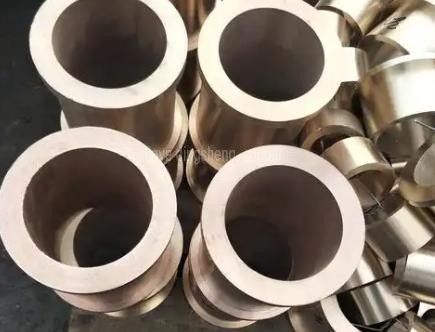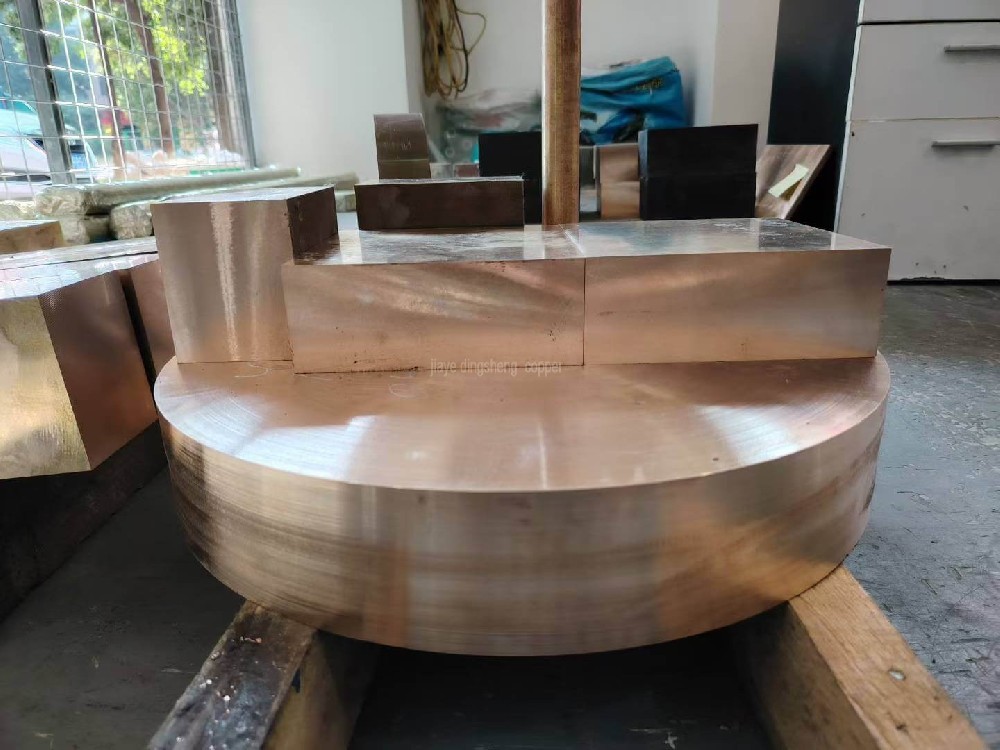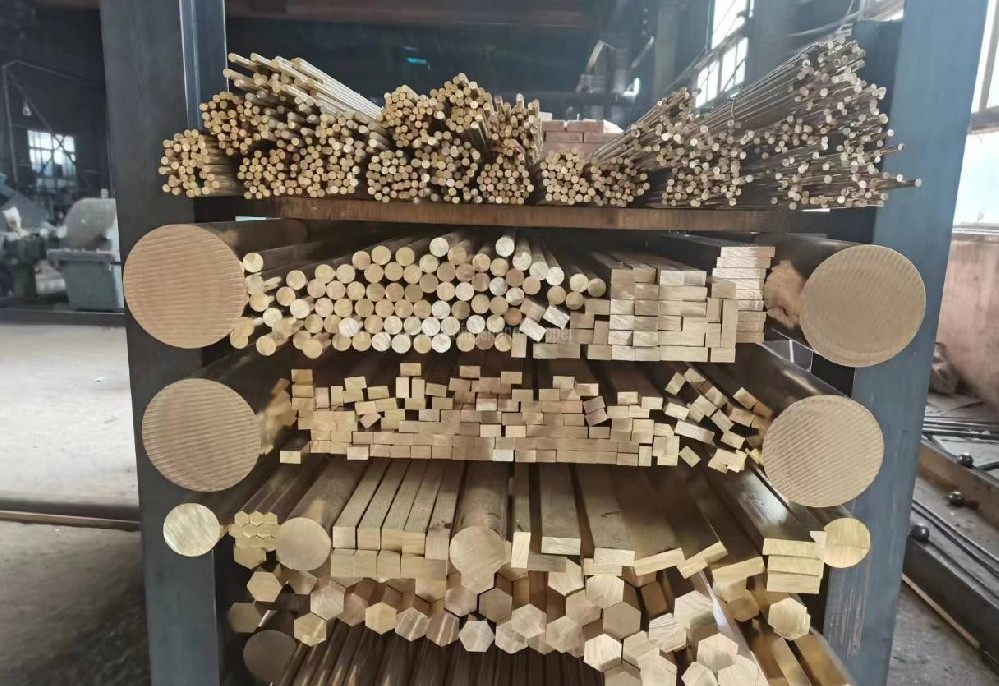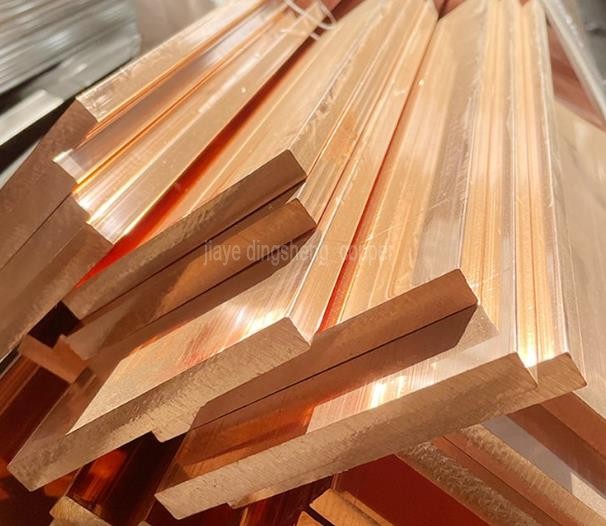What is the plumbum content in phosphor bronze?
Analysis of the composition of phosphor bronze
The plumbum content in phosphor bronze is usually very low, generally below 0.05%. Phosphor bronze is mainly composed of copper, tin, and phosphorus. Among them, copper is the main component of phosphor bronze, accounting for more than 75%. Copper has good electrical conductivity and ductility, which is the basic element of the alloy. Tin is the secondary component of phosphor bronze, with a content usually ranging from 15% to 25%. The addition of tin can improve the corrosion resistance and strength of the alloy. Additionally, phosphorus is also present in phosphor bronze, with a content usually not exceeding 1%.
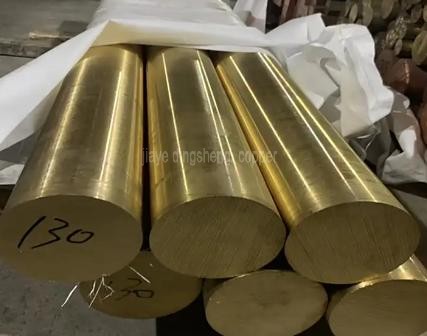
Phosphor bronze, a copper alloy with a long history, has attracted attention due to its unique properties and wide range of application fields. Today, we will delve deeper into the composition of phosphor bronze, especially the issue of its plumbum content.
Main Components of Phosphor Bronze
Phosphor bronze, as the name suggests, is an alloy mainly composed of copper (Cu), tin (Sn), and phosphorus (P). Among them, copper is the main component of phosphor bronze, accounting for more than 75%. Copper has good electrical conductivity and ductility, which is the basic element of the alloy. Tin is the secondary component of phosphor bronze, with a content usually ranging from 15% to 25%. The addition of tin can enhance the corrosion resistance and strength of the alloy. Additionally, phosphorus is also present in phosphor bronze, with a content usually not exceeding 1%.
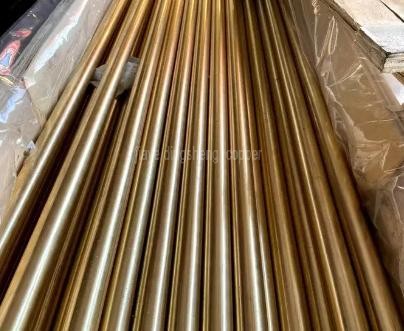
Plumbum Content in Phosphor Bronze
The plumbum content in phosphor bronze is generally very low, usually below 0.05%. This is because plumbum is not an essential element in phosphor bronze and excessive plumbum content may have adverse effects on the alloy's performance. In actual production, manufacturers usually strictly control the plumbum content of phosphor bronze to ensure it meets relevant standards and requirements. It is worth noting that the plumbum content is generally related to the tin content. The higher the tin content, the lower the plumbum content. This is because in the manufacturing process of phosphor bronze, tin can partially replace copper raw materials, thereby reducing the introduction of plumbum impurities.
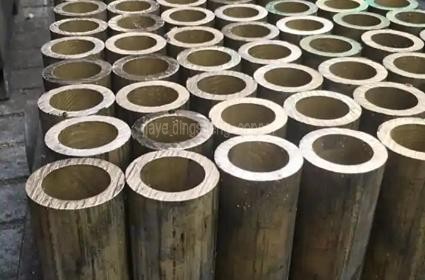
Other Metal Elements' Roles
In addition to copper, tin, and phosphorus, phosphor bronze may also contain small amounts of nickel, zinc, iron, etc. These elements' addition can further adjust the alloy's properties to meet specific application requirements. For example, the addition of zinc can enhance the alloy's strength and hardness; the addition of nickel can enhance the alloy's corrosion resistance and heat resistance; and the introduction of iron helps improve the alloy's wear resistance and cutting performance.
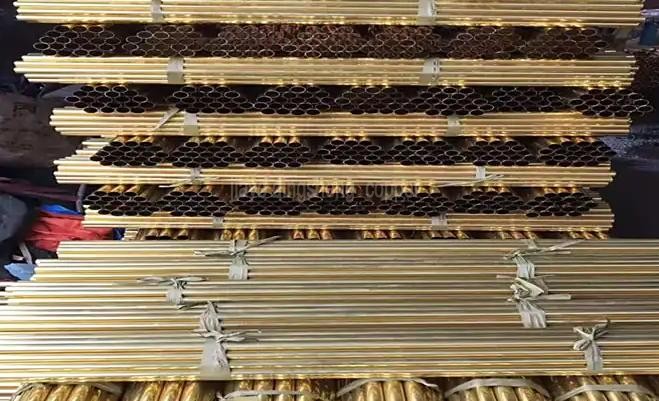
Application Fields of Phosphor Bronze
Phosphor bronze, due to its excellent wear resistance, corrosion resistance, and elasticity, is widely used in various fields. For example, in the electronics industry, phosphor bronze is often used to manufacture connectors, springs, and switches; in the machinery industry, phosphor bronze can be used to manufacture gears, bearings, and bushings, which are wear-resistant parts. Moreover, phosphor bronze is widely used in ships, automobiles, aerospace, and other fields.
In conclusion, phosphor bronze, as an excellent copper alloy material, its composition and content have a significant impact on its performance and application. Understanding the composition and content of phosphor bronze can help us better select and apply this material, thereby fully leveraging its advantages in various fields.
# Tags:
-
What is the plumbum content in phosphor bronze

